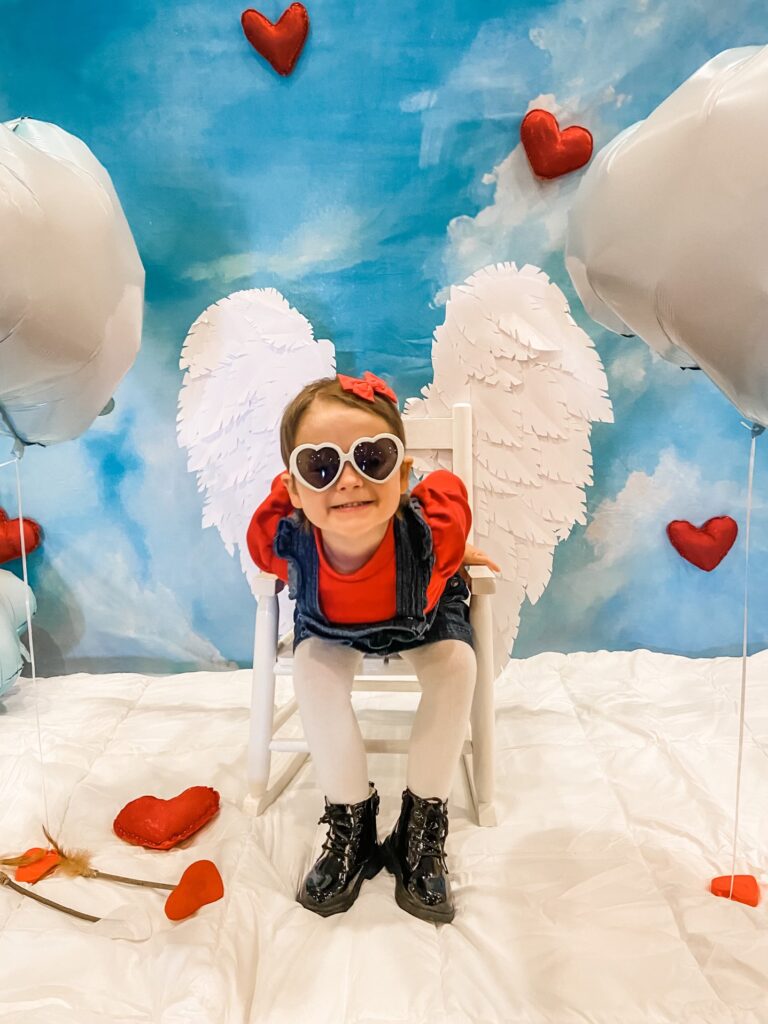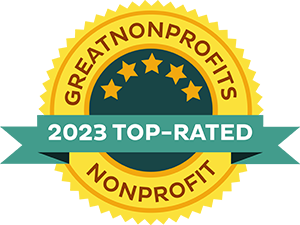
A Survivorship Story: Supporting the Transition After Treatment
 Friends of Karen began a pilot program in late 2022 to continue to provide a limited number of supports to children who have gone off formal treatment, but continue to have serious healthcare, social and educational needs. Olivia’s mother Johanna shares more below about how Friends of Karen has helped her family during this crucial stage, after Olivia was treated for Medulloblastoma, a brain cancer that occurs most often in young children.
Friends of Karen began a pilot program in late 2022 to continue to provide a limited number of supports to children who have gone off formal treatment, but continue to have serious healthcare, social and educational needs. Olivia’s mother Johanna shares more below about how Friends of Karen has helped her family during this crucial stage, after Olivia was treated for Medulloblastoma, a brain cancer that occurs most often in young children.
“Olivia was three years old when she started to vomit all the time and was having balance issues. After several doctor visits with no resolution, we went to the Emergency Room and Olivia had a CAT scan that showed a brain tumor. I felt like my heart just stopped.
It took seven days to find out Olivia had Medulloblastoma, and then she needed two surgeries. The doctors tell you ahead of time about the side effects of the surgery, but we were barely surviving. It was hard to see that Olivia’s whole right side was paralyzed and she could not speak or walk.
I am the kind of person that needs to feel in control and illness isn’t something you can control. It made me look at the future differently, and at that moment my hopes and dreams changed for Olivia. I just wanted her to live. Nothing else really mattered.
While I spent many sleepless nights at the hospital, I got a look behind the curtain at what our life would become. I needed others who understood what we were going through, so I researched resources every night and near the end of Olivia’s treatment I found Friends of Karen. During Olivia’s treatment we received emergency food assistance and help paying COBRA for our health insurance, which lessened our worries. At this point, Olivia had endured eight months of inpatient care, and being discharged carried big emotions and new challenges for us all. We were trying to heal, cope and adjust to our new life while trying our best to parent and help our daughter process the trauma she experienced. I found a play therapist for Olivia, but it wasn’t helping. I had spoken to different counselors myself, but I found I spent so much of each session describing the medical terms or updating the therapist on my daughter’s care that I never got the help I needed.
I was in contact with Friends of Karen social worker Alyssa who suggested the organization’s Sibling Support Program and Olivia was paired with child life specialist Melissa. My hope was that Melissa would be able to provide resources in navigating Olivia’s behavioral changes, and how I could support her transition to living isolated at home. This transition has also been eased by Friends of Karen’s Survivorship Program paying for Olivia to have music therapy to help address separation anxiety and for developmental stimulation.
Melissa is different because she understands the medical procedures and the experiences we had. She helped me to anticipate and best prepare for new experiences and eliminate anxiety. She is a sounding board for decisions I am preparing to make and navigating conversations with Olivia’s care team and advocating for her. She is there to help me understand the issues for Olivia in school, and what our life will look like when the support finishes. We are so grateful for Friends of Karen helping us through this stage of Olivia’s life.”


